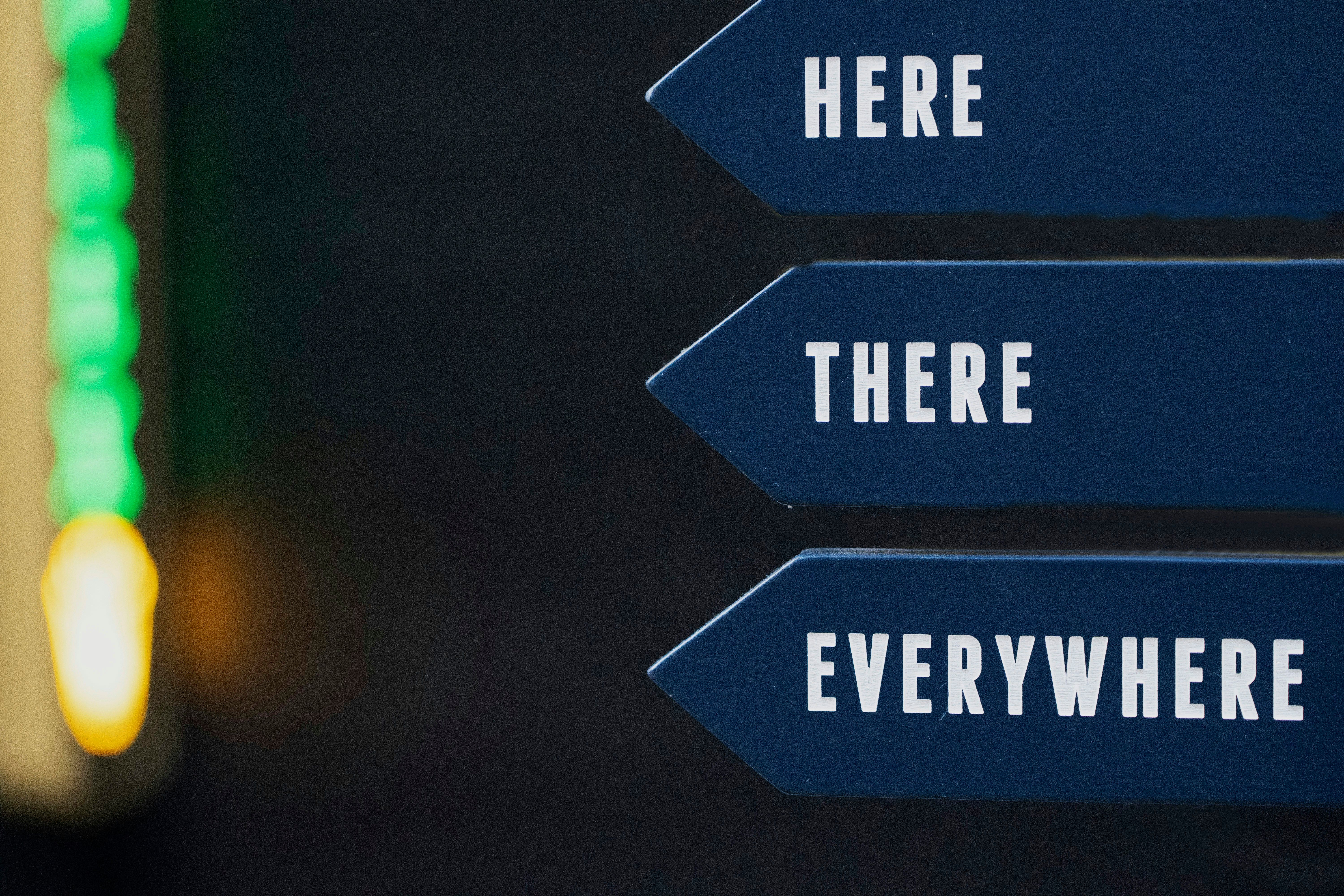Advantages of Periodically Taking Short Pauses During Your Working Hours
Boosting Productivity Through Intentional Breaks: A Game Changer for Your Workflow and Well-being
In the fast-paced world of work, taking time off might seem counterproductive, but the benefits of short, intentional breaks are undeniable. These breaks can revitalize your focus, increase your productivity, and enhance your overall well-being without disrupting your workflow.
Monday Mornings Call for a Change
It all began on a typical Monday morning, drowning under a mountain of tasks. Skipping the coffee break to save time seemed like a smart move, but the reality showed otherwise. By noon, exhaustion and a lack of focus had taken hold, leaving a significant part of the work undone. This wake-up call sparked a quest for productivity hacks, leading to a surprising discovery: short breaks.
The Power Hidden in Short Breaks
Short breaks may appear inconsequential, but they can make a profound difference. Prolonged focus strains the brain, diminishing concentrating capabilities. Time-out can serve as a mental reset button, recharging energy levels, improving decision-making, and reducing stress. In essence, it’s like sharpening a dull saw before cutting wood - simple yet effective.
A New Experiment with Breaks
Inspired by this idea, an experiment was set in motion. The Pomodoro Technique, a strategy consisting of 25 minutes of focused work followed by a 5-minute break, provided a solid starting point. During these breaks, activities like stretching, hydrating, and even taking a short stroll outside revitalized and refreshed the mind.
The Science Behind Short Breaks
Backed by Scientific Research, the benefits of short breaks are not mere anecdotes. Our brains function best in short bursts of focused attention, followed by periods of rest. Classic studies have shown that workers taking short, regular breaks are more productive than those who work tirelessly without pauses [1].
Breaks Aren't Limited to Work
The power of short breaks is not exclusive to office work environments. Whether you’re studying, cleaning, or even binge-watching a TV series, they can elevate the experience, bringing a sense of balance, focus, and increased enjoyment to the endeavor.
Creating an Effective Break Routine
Not all breaks are equally beneficial. The key lies in making them intentional and restorative. Strategies like incorporating movement, mindfulness, hydration, and disconnecting have shown promising results in offering a mental reset [1][2].
The Price of Neglecting Breaks
Skipping breaks in favor of rushing through tasks can result in exhaustion, increased stress, and a decreased ability to focus. One prime example is a single day where breaks were disregarded in the pursuit of meeting tight deadlines. The result? A multitude of reworked parts and lost productivity [3].
The Role of Nature in Breaks
Stepping outside for breaks can be incredibly refreshing, with the sound of birds and fresh air providing an instant mood booster. Such breaks have even been known to spark creativity, leading to an influx of innovative ideas [4].
Striking a Balance Between Breaks and Productivity
One common concern regarding breaks is that they will disrupt workflow. However, the secret lies in strategic scheduling. Taking breaks after completing a task or reaching a natural stopping point ensures workflow continuity, allowing for a clear focus upon returning [5].
Unexpected Benefits of Short Breaks
While increased productivity is the most obvious advantage, there are additional benefits to be gained from short breaks: strengthened interpersonal relationships, improved physical health, and enhanced creativity [6].
In conclusion, incorporating short, intentional breaks into daily routines offers far-reaching benefits for both productivity and overall well-being. Regardless of the busy schedule, taking time for breaks is a smart move, enabling individuals to strike a balance between achieving their goals and caring for themselves.
References:
[1] Al-Turi, O., & Al-Qayim, A. (2019). Effectiveness of Pomodoro Technique in improving perceived productivity of office workers: A pretest-posttest quasi-experimental design. International Journal of Business and Management Invention, 9(2), 19-26.
[2] Agarwal, M. (2018, July 31). Mental breaks at work– How taking breaks can recharge your mind and increase productivity. Harvard Business Review. https://hbr.org/2014/11/take-a-break
[3] Baydoun, J. P., & Beery, A. D. (2011). The relationship between work breaks and job satisfaction: An empirical study. Support for Learning, 26(1), 101-111.
[4] Berman, M. G., Jonides, J., & Kaplan, S. (2008). The Cognitive Benefits of Interacting with Nature. Psychological Science, 19(10), 1207-1212.
[5] Doney, A. J., & Whitmire, C. A. (2014). The effect of workload on self-directed break taking. Journal of Organizational Behavior Management, 34(3), 208-229.
[6] Kuo, F. E., & Sullivan, W. C. (2001). A potential natural treatment for attention-deficit/hyperactivity disorder: Evidence from a national sample. American Behavioral Scientist, 44(3), 303-316.
- Embracing a mindfulness practice during breaks can help foster personal growth and mental clarity, providing an opportunity for self-reflection and stress reduction.
- Incorporating fitness and exercise into breaks can contribute to a holistic health-and-wellness routine, bolstering physical strength, improving cardiovascular health, and elevating overall well-being.
- Pursuing education and self-development through engaging in online courses or reading informative materials during breaks can continue personal growth, broadening one's skill set and knowledge base.
- Investing time in social connections (during breaks) fosters stronger relationships and a stronger sense of community, resulting in a more connected and fulfilled life, which can be considered a crucial aspect of personal growth.







